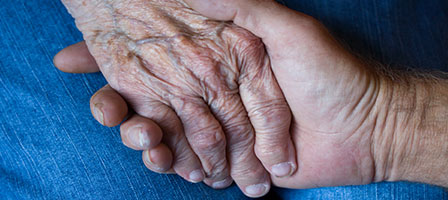CARE FOR THE ELDERLY
When the elderly reach the point that they can no longer care for themselves, there are generally two courses of action available to the caregiver: (1) Provide for in-home care, or (2) place the individual in a care facility. Each has its own distinct tax ramifications:
- In-home Care – If the elderly person has the option to remain in their home and provide in-home care, that care is deductible as a medical deduction, provided the expenses are directly related to the individual’s medical care. If the individual or individuals providing that care also provide household services, the cost must be allocated between deductible medical expenses and nondeductible personal expenses. The care provider need not be a nurse, even though they are providing services normally administered by a nurse. In-home care is subject to the rules for household employees that require the employer (the elderly individual) to withhold FICA and Medicare taxes and issue a W-2 at the end of the year. There are generally state filing requirements as well, so please call this office for assistance in setting up a household payroll.
- Care Facility – If the option is to place the elderly individual in a care facility such as a convalescent hospital, nursing home or a home for the elderly, then the cost of that care is deductible, provided the primary reason for being there is to receive medical care. If medical care is the primary reason, then the deduction will include the cost of lodging and meals (at 100%).
In either case, the care-related expenses are added to the cost of other medical expenses for the year and the total is reduced by 10% (7.5% through 2016 for a taxpayer, or spouses if married filing jointly, age 65 or older) of adjusted gross income to determine the medical deduction allowed as part of itemized deductions.








Leave a Reply
Want to join the discussion?Feel free to contribute!